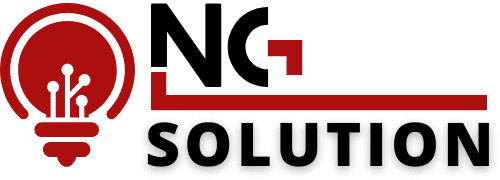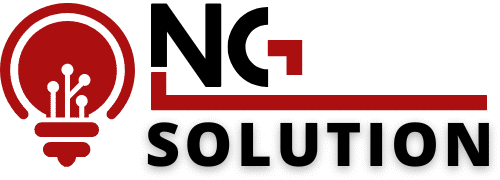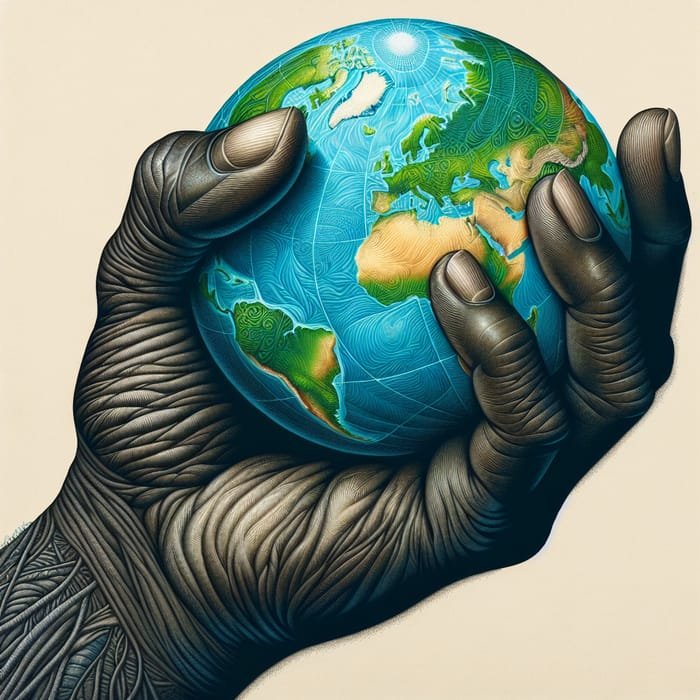Amidst rising global economic uncertainties and slowing growth, there is a growing demand for reforms within the International Monetary Fund (IMF), particularly from the BRICS nations. At the 17th BRICS Summit in Rio de Janeiro, calls were renewed for a restructuring of the IMF to better represent developing countries in its decision-making processes. This demand highlights the existing structural imbalances in global financial governance, where power is predominantly held by a few developed nations. Despite its evolution from post-war reconstruction to crisis management, the IMF’s governance structure has remained largely unchanged since its inception in 1944.
A significant barrier to reform is the United States’ veto power, enabled by its substantial voting share. This power has been used to block changes that do not align with U.S. interests, maintaining its global dominance. The BRICS countries, including China, Brazil, and India, argue for a revised quota formula that more accurately reflects the economic contributions of developing nations. African countries also seek greater representation, pointing to their demographic and economic potential.
Criticism of the IMF extends to its lending policies, which often prioritize austerity and liberalization, sometimes worsening economic conditions in borrowing countries. The 2008 financial crisis and the Covid-19 pandemic have further exposed the IMF’s limitations, including slow approval processes and excessive conditions, undermining its role as the “lender of last resort.”
For China, IMF reform is not only about gaining representation but also enhancing its influence in global governance. The current power dynamics limit China’s ability to shape international rules, while the U.S. can use the IMF for geopolitical leverage. Reforming the IMF could lead to a more balanced financial system, offering a neutral and diversified support structure for developing nations.
BRICS countries are pursuing a dual strategy: advocating for reform within the IMF and building their own financial platforms, such as the New Development Bank (NDB). The NDB has expanded infrastructure financing for developing economies, offering alternative and inclusive financial solutions without seeking to replace the existing system.
The call for IMF reform is a response to shifting global power dynamics. If developed countries continue to resist these changes, the IMF risks losing legitimacy, pushing developing countries towards regional alternatives like the NDB and the Asian Infrastructure Investment Bank. This could foster a new, pluralistic global financial order. Hong Kong, with its open market and close ties to China, is well-positioned to facilitate this transition.
In an era of multipolarity, the IMF can only maintain its global standing by becoming more representative and fair, aligning itself with the evolving international landscape.


